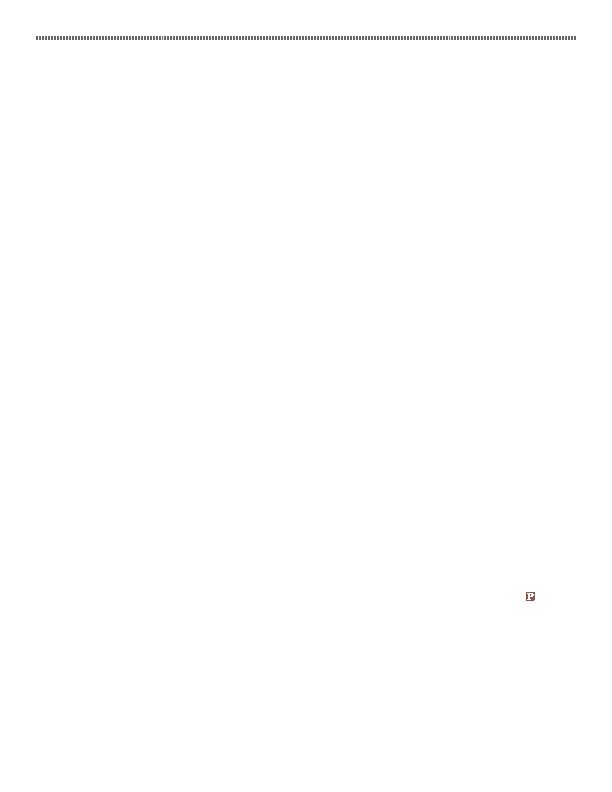
services. There was no allegation that
Mrs. Gladden was uneducated or unable
to protect her own interests. Quite the
reverse, Mrs. Gladden negotiated with
numerous parties throughout the process
of purchasing the home and specifically
sought Palmetto's services, passing on
a different home inspector described as
"harder but best." See Jordan v. Diamond
Equip. & Supply Co., 207 S.E.3d 525
(Ark. 2005) (finding an exculpatory clause
enforceable in part because the plaintiff
had sought the services of the defendant).
The
clauses are routinely entered into.
Moreover, they are commercially
reasonable in at least some cases, since
they permit the provider or offer service at
a lower price, in turn making the service
available to people who otherwise would
be unable to afford it." 739 S.E.2d 882,
884 (citing Head v. U.S. Inspect DFW,
Inc., 159 S.W.3d 731 (Tex. App. 2005)
(noting courts uphold limitations of
liability in burglar and fire alarm system
contracts and finding limitation of liability
clause in home inspection contract
commercially legitimate for the same
reasons)). Accordingly, the court found
the clause was not unconscionable.
Courts in other jurisdictions have also
found similar home inspection contracts,
pursuant to which the home inspecting
company's liability for any loss or dam-
ages arising out of the inspection and
report would be limited to the fee paid
for its services, were enforceable and not
unconscionable. See, e.g., Moler v. Melzer,
942 P.2d 643 (Kan. App. 1997) (Clause
in home inspection contract limiting
inspector's liability to cost of inspection,
was not unconscionable, as clause was not
hidden, and record gave no indication of
power, nor any indication that purchaser
could not have sought a different inspec-
tion company.); Head, 159 S.W.3d 731
(Clause in home inspection contract,
which limited home inspector's liability
to the amount of the fee paid for the in-
spection, was not unconscionable, where
purchaser was free to choose another
inspection service, she was represented
by an attorney in the transaction, and
without the limitation clause, the inspec-
tor was subject to significant risk, which
would likely cause the cost for inspection
services to increase.).
Still, other courts have refused to
enforce limitation of liability clauses in
home inspection contracts. In those cases,
however, it appears that, unlike South
Carolina, the states in which those courts
sit have well-documented public poli-
cies indicating home inspectors' liability
should not be so limited. For example,
in Lucier v. Williams, 841 A.2d 907, the
court rejected a limitation of liability
clause in a home inspection contract,
relying heavily on a New Jersey statute
requiring home inspectors to maintain
errors-and-omissions insurance of at least
$500,000 a year. The court also refused
to enforce a limitation of liability clause
in a home inspection contract in Pitts v.
Watkins, 905 So.2d 553 (Miss. 2005);
however, as in New Jersey, Mississippi
requires home inspectors to carry general
liability insurance and errors-and-omis-
sions insurance of at least $250,000.
Correspondingly, the test applied
in determining whether an exculpatory
clause contravenes public policy is also
significant. In South Carolina, courts
have generally held that considerations
of public policy prohibit a party from
limiting liability for its negligence in the
performance of a duty of public service,
or where a public duty is owed, or public
are not on roughly equal bargaining terms.
Pride v. S. Bell Tel. & Tel. Co., 138 S.E.2d
155 (S.C. 1964). Courts applying the stan-
dards from Tunkl v. Regents of University
of California, 383 P.2d 441 (1963), in
evaluating exculpatory clauses tend to
view such provisions in a harsher light.
See, e.g., Carey v. Merritt, 148 S.W.3d 912
(Tenn. App. 2004) (applying Tunkl factors
to find exculpatory clause in home inspec-
tion contract violated public policy).
Therefore, in light of courts' varied
treatment of limitation of liability clauses
in home inspection contracts, it is helpful
to consider the following in determining
whether such a clause is enforceable:
tions of liability provisions in the home
inspection context, the same analysis
would likely be used by courts when
evaluating such provisions in other
professional contracts, e.g., pest control
companies and appraisers. In this broader
context, one must consider whether the
exculpatory clause is reasonable and
appropriate given the service it concerns.
There should be a correlation between the
amount charged for the service and the
liability the provider is undertaking when
those services are performed.